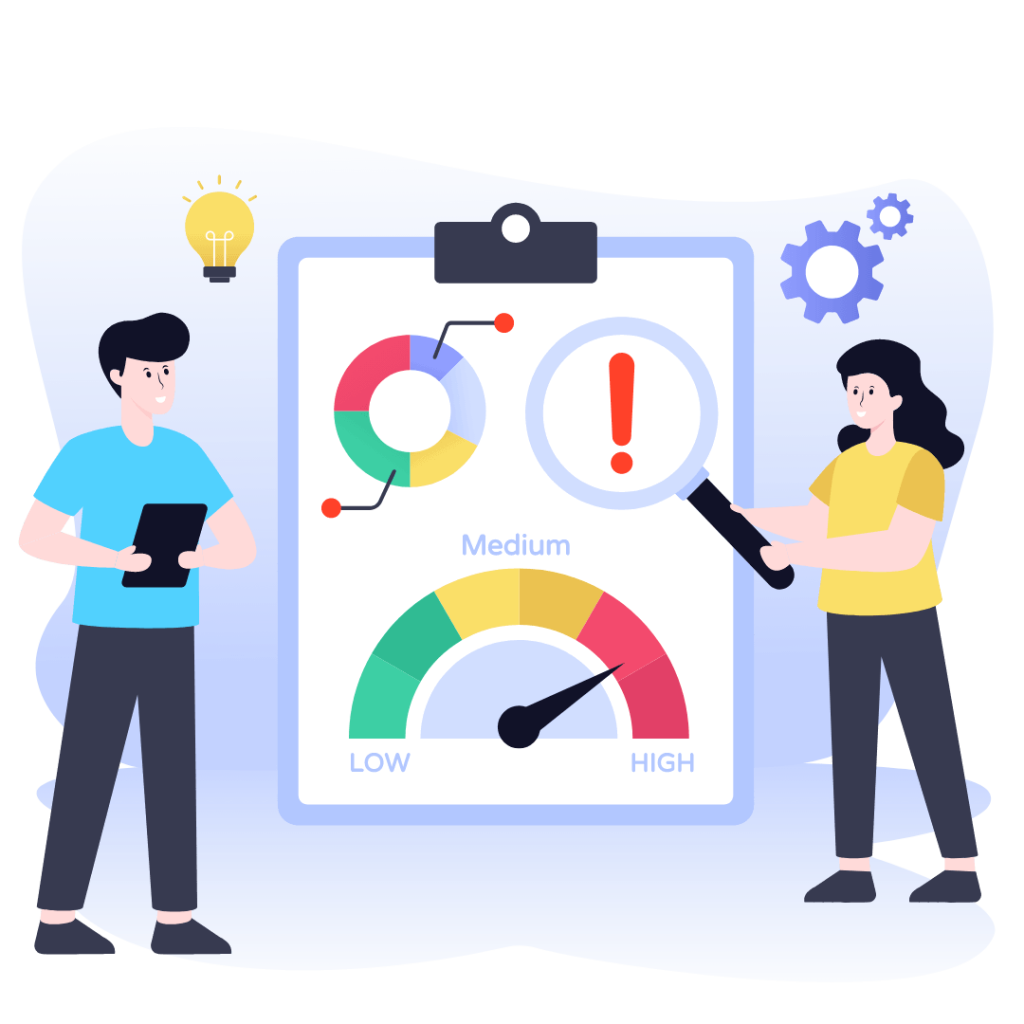

Effective outsourcing strategies are paramount for businesses seeking to enhance efficiency and productivity. A well-structured outsourcing approach can significantly impact a company’s bottom line and long-term success. Outsourcing involves delegating specific tasks or operations to an external provider, allowing your organization to focus on core functions and potentially reduce operational costs. Many businesses face challenges like inadequate resource allocation, limited expertise, and rising operational costs. This article delves into effective outsourcing strategies, presenting practical approaches and proven techniques to maximize benefits and mitigate risks. This article is structured to provide a comprehensive overview of outsourcing strategies, exploring various approaches, considerations, and key strategies for success. Specifically, we will cover the importance of strategic planning, the selection of reliable providers, effective communication, and ongoing performance management. This comprehensive guide will arm you with the knowledge and tools needed to implement effective outsourcing strategies that will drive your business towards greater efficiency and productivity.
Strategic Planning: The Foundation of Effective Outsourcing
Defining Clear Objectives and Scope
Effective outsourcing hinges on a well-defined strategic plan. This plan should clearly articulate the objectives of the outsourcing initiative. What specific tasks or operations will be outsourced? What are the expected outcomes? Without clear goals, it becomes difficult to measure the success of the outsourcing partnership and potentially create confusion in the process. The scope of the outsourcing agreement should be meticulously detailed, identifying the specific tasks, deliverables, timelines, and performance metrics. This ensures that both parties are on the same page, minimizing the potential for disagreements and delays. Consider, for example, a manufacturing company outsourcing its customer service to a dedicated call center. The plan must define the expected response times, customer satisfaction metrics, and the specific customer segments handled by the outsourced service. A concrete scope document would prevent misunderstandings about the level of service that’s expected.
Identifying Key Performance Indicators (KPIs)
Establishing clear KPIs is essential for measuring the effectiveness of your outsourcing strategy. These metrics should directly reflect the goals of the outsourcing initiative. For example, if cost reduction is a primary objective, monitor the actual costs incurred by the outsourcing provider against the projected savings. Measuring customer satisfaction and response times is vital if your outsourcing strategy involves customer-facing operations. These metrics not only evaluate the success of your initiative but also provide insights for continuous improvement. For instance, analyzing customer feedback from outsourced customer service interactions reveals areas for enhancing the service quality. A well-structured performance measurement plan ensures that your company receives value from the outsourcing agreement, thus achieving business efficiency.
Selecting Reliable Outsourcing Providers:
Conducting Thorough Due Diligence
One of the most critical aspects of effective outsourcing is selecting a reliable and trustworthy vendor. Thorough due diligence is essential to ensure the provider aligns with your business needs and values. Research the provider’s past performance, certifications, and client testimonials. Evaluate their infrastructure, security protocols, and service level agreements (SLAs). This due diligence process should extend to assessing their staff capabilities, expertise, and cultural alignment with your team. For example, consider a company that outsources software development. Scrutinizing their development process and technology stack is crucial to confirm their capacity to deliver high-quality products. Careful due diligence ensures that the outsourcing partner possesses the required technical and managerial skills, minimizing potential risks.
Evaluating Vendor Capabilities and Expertise
Evaluating vendor capabilities is critical to choosing the right outsourcing provider. Assess their technical expertise, industry knowledge, and problem-solving abilities. Inquire about their experience in similar projects or industries to gauge their proficiency in handling specific tasks. A call center outsourcing provider must possess the necessary technical infrastructure, staff training, and proven experience to deliver superior customer service. Evaluating potential providers’ experience in addressing complex situations and resolving issues is crucial for ensuring service quality. For example, check for case studies demonstrating how they have successfully addressed similar challenges for other clients, indicating their proactive problem-solving ability and capacity to manage unforeseen situations.
Maintaining Effective Communication:
Establishing Clear Communication Channels
Effective communication is crucial in maintaining a successful outsourcing partnership. Establishing clear and consistent communication channels ensures that both the company and the provider are on the same page. Define communication protocols, response times, and preferred methods of contact. Regular meetings, progress reports, and clear escalation procedures for addressing issues are all important components of a sound communication strategy. Implementing a centralized communication platform, such as a project management tool or messaging system, can further streamline communications. For example, if outsourcing IT support, a detailed communication plan specifying how and when issues will be reported and resolved is paramount.
Fostering Strong Relationships
Building strong relationships is critical for long-term success. Cultivate mutual trust and respect with the outsourcing provider. Establish clear roles and responsibilities for all parties involved. Schedule regular meetings with the provider to review progress and discuss challenges. Regular dialogue fosters mutual understanding and allows for timely adjustments to the outsourcing strategy. Actively listening to the provider’s suggestions and concerns ensures that feedback from both sides is incorporated to optimize performance. Open communication and active collaboration drive successful partnerships, yielding better results for both parties.
Ongoing Performance Management:
Implementing Monitoring and Evaluation Processes
Ongoing performance management is essential to ensure that the outsourcing arrangement remains effective. This requires a robust monitoring and evaluation process. Define specific metrics for tracking performance, such as cost savings, service level compliance, and customer satisfaction levels. Regular progress reports and performance evaluations will enable proactive issue resolution. Utilizing performance dashboards and data analytics provide valuable insights into the progress and areas needing attention. For example, a company outsourcing its data entry can monitor the error rate and accuracy of data input to maintain efficiency and quality.
Continuous Improvement and Adjustments
Continuous improvement is vital to optimizing an outsourcing arrangement. Use the performance data gathered to identify areas for improvement. Make adjustments to the outsourcing agreement or processes as needed. Adapting to the changing business landscape is crucial, and the outsourcing strategy needs to remain adaptable. For instance, as customer demands change, the outsourcing partner should adapt their service offerings to meet these demands while maintaining high-quality service. Regular reviews of the outsourcing agreement and processes ensure its continued alignment with evolving business needs.
Case Study Examples
Outsourcing Customer Support Services
Numerous companies have successfully implemented outsourcing strategies for customer service. A major telecommunications company outsourced its customer support to a specialized call center. By utilizing outsourced customer service, the company achieved cost savings and significantly reduced its operational workload. This freed up internal staff to focus on strategic initiatives, while customer satisfaction remained consistently high, demonstrating that outsourcing can effectively manage growing demand and reduce internal costs.
Outsourcing IT Infrastructure Management
Many companies outsource IT infrastructure management to specialized providers. A medium-sized retail business outsources its server maintenance and network security to a reputable IT provider. This move enables them to leverage the expertise of IT professionals while concentrating on core business operations. The company benefits from reduced operating costs, improved security, and the ability to remain flexible in addressing evolving IT demands. This approach allows companies to maintain operational efficiency by addressing their IT infrastructure needs effectively, thereby saving time and money.
Frequently Asked Questions
What are the potential risks of outsourcing?
Outsourcing, while offering many benefits, comes with potential risks. Poor vendor selection, lack of clear communication, and inadequate performance management can lead to inefficiencies and sub-optimal outcomes. Carefully vetting vendors, establishing clear communication protocols, and implementing effective monitoring systems can mitigate these risks. Thorough due diligence on potential partners is essential. By implementing robust risk mitigation strategies, companies can substantially reduce potential drawbacks.
How can I ensure the confidentiality of my data when outsourcing?
Data security is crucial when outsourcing. Establish clear data protection agreements with your outsourcing provider and insist on compliant security protocols. Use data encryption methods and other safeguards to protect your sensitive information. Ensure the provider adheres to relevant data privacy regulations and has a proven history of handling sensitive information securely. This can help build trust in the outsourcing relationship.
In conclusion, effective outsourcing strategies are crucial for enhancing business efficiency and productivity. By carefully selecting the right outsourcing partner, clearly defining deliverables, and consistently monitoring performance, companies can unlock significant gains in terms of cost savings, increased capacity, and focus on core competencies. To maximize the benefits of outsourcing, businesses should consider implementing robust communication strategies, establish clear performance metrics, and cultivate a strong partnership with their chosen providers. Implementing these strategies will yield significant returns, ultimately driving long-term success. Ready to optimize your business? Contact us today for a free consultation!